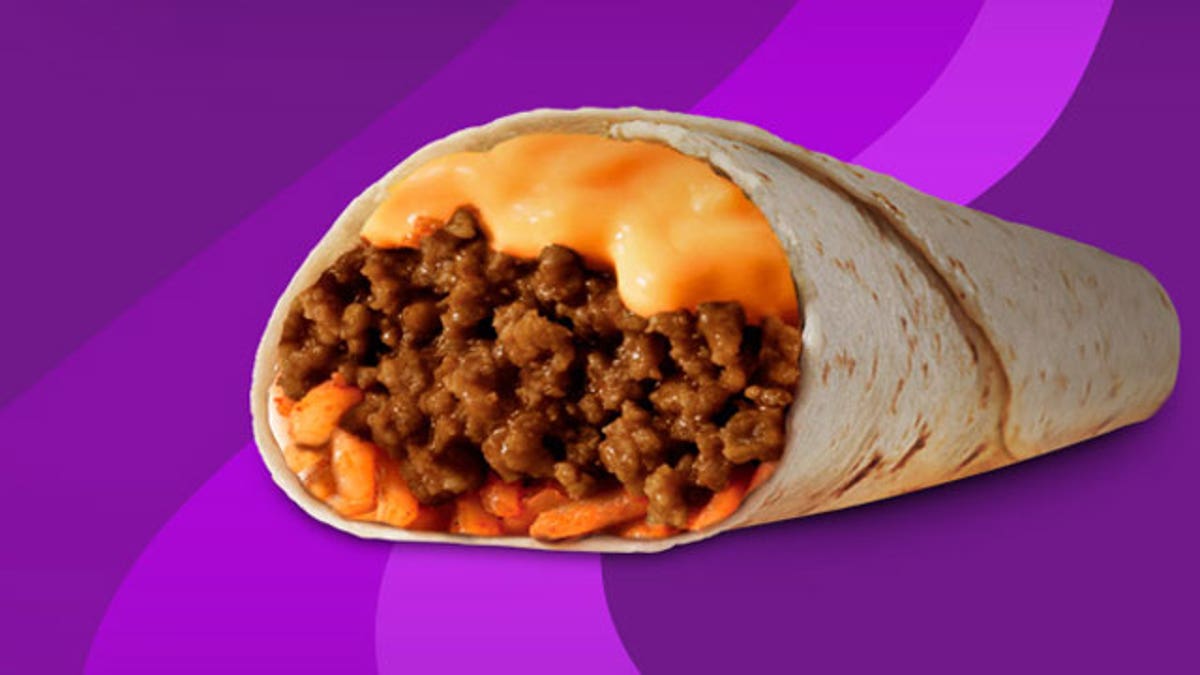
(TacoBell.com)
SANTA ANA, Calif. -- A lawsuit that accused Taco Bell of falsely advertising fake beef in its dishes was quietly dropped -- before the fast food chain would have been required to prove its products had a legal proportion of meat inside.
The class action had alleged that "beef" products sold in Taco Bell's eateries were made of a "taco meat filling" consisting of "extenders and other non-meat substances" and did not meet the minimum standards set by the US Department of Agriculture.
It also claimed the company misrepresented some ingredients as "seasonings" when they were added to increase a product's volume rather than enhance its flavor.
But plaintiff Amanda Obney dropped the suit Monday in US District Court of Central California nearly three months after it was filed.
Her attorney said in a statement that, after meeting with Irvine, Calif.-based Taco Bell, it agreed to make certain undisclosed marketing changes to its promotion of "seasoned beef."
Taco Bell spokesman Rob Poetsch did not respond to a request for comment Tuesday.
Previously, Taco Bell had threatened to countersue. "There is nothing deceptive, false or misleading about Taco Bell's advertising," Taco Bell attorney Thomas P. Hanrahan wrote in a scathing motion-to-dismiss filing in March.
The original lawsuit alleged that the fast food chain's meat was less than half comprised of actual meat.
In fighting the allegations, the fast food Mexican eatery did not argue that was untrue. Rather, the company said that Obney did not know the actual proportion, and could not prove her claim.
Moreover, Taco Bell's products only have to contain a minimum of 40 percent beef to be advertised as "taco meat filling" under US guidelines, the company argued.
Had the case gone to trial, Taco Bell may have been required to release detailed breakdowns of its meat's ingredients.
In court filings, Taco Bell listed a slew of additives that go into its secret meat blend, including soy lecithin, autolyzed yeast extract and silicon dioxide, "an anticaking agent." It claimed that none of those bonuses comprised a higher proportion of the filling than beef and water, the two most common ingredients.
The company objected to the idea that Obney had grounds to bring the lawsuit, alleging that she offered no evidence that she had been exposed to specific Taco Bell advertisements prior to dining at the restaurant.
Parent company Yum Brands is scheduled to report its quarterly earnings after the market close Wednesday.
